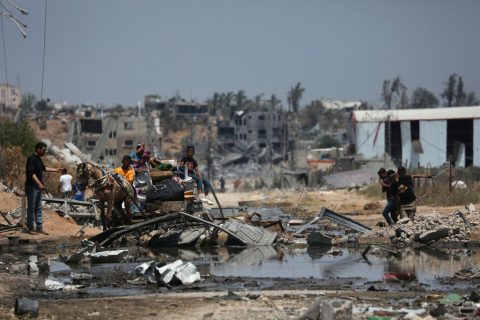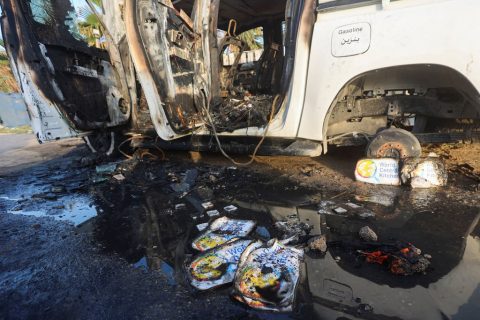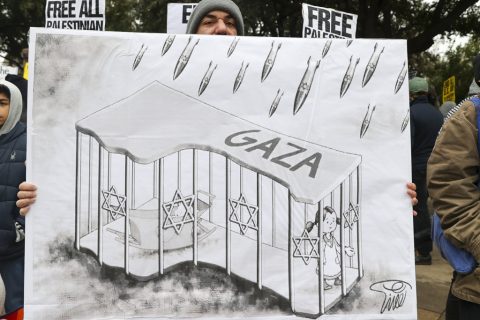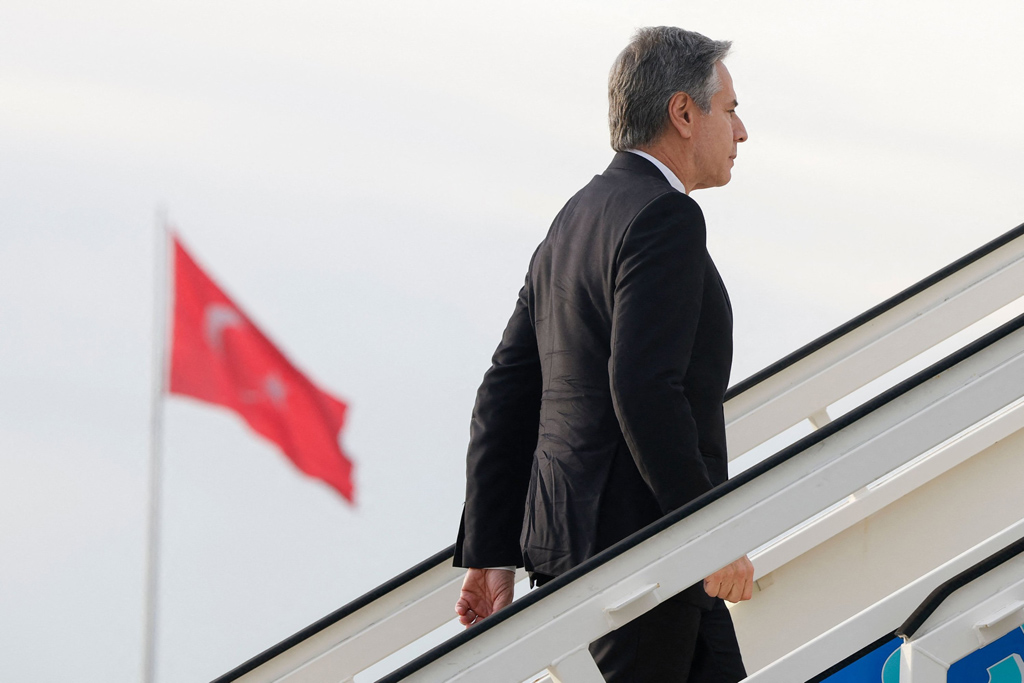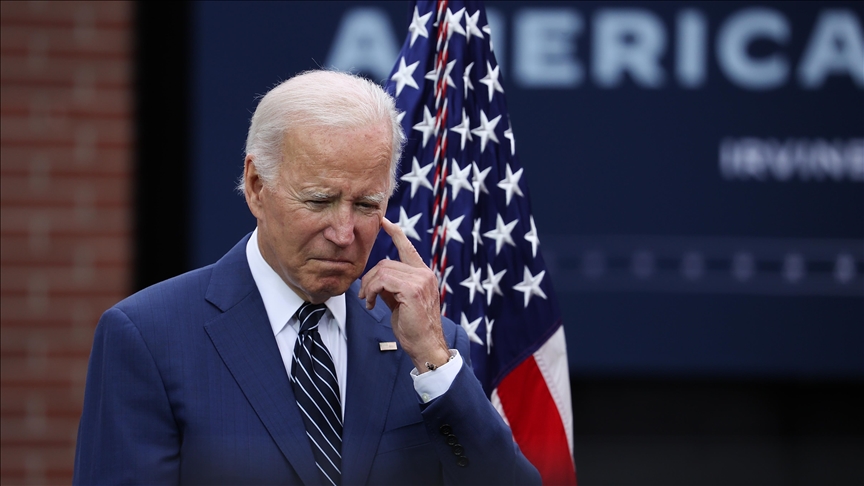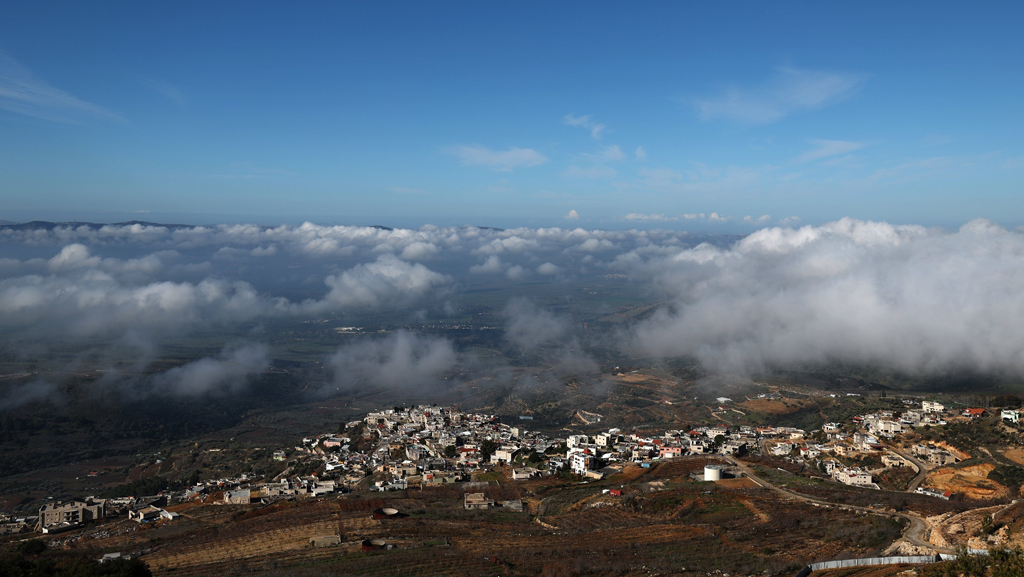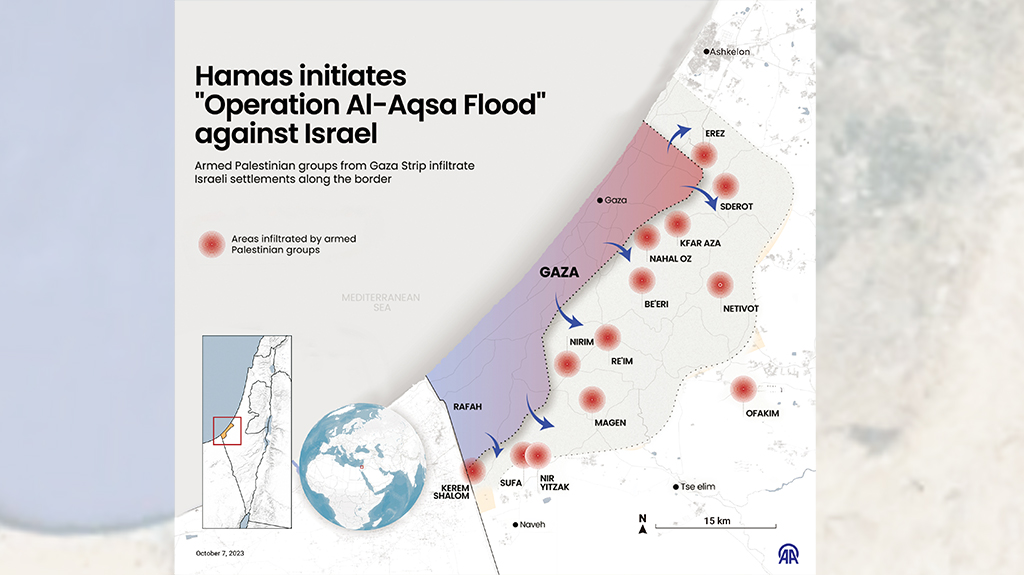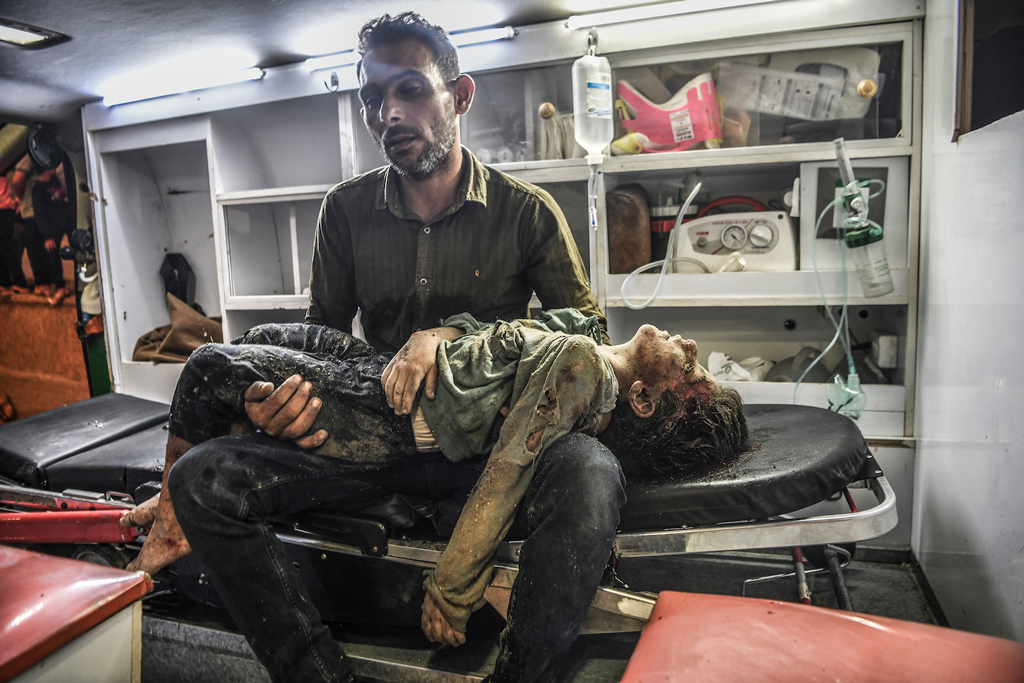Israel-Palestine Conflict
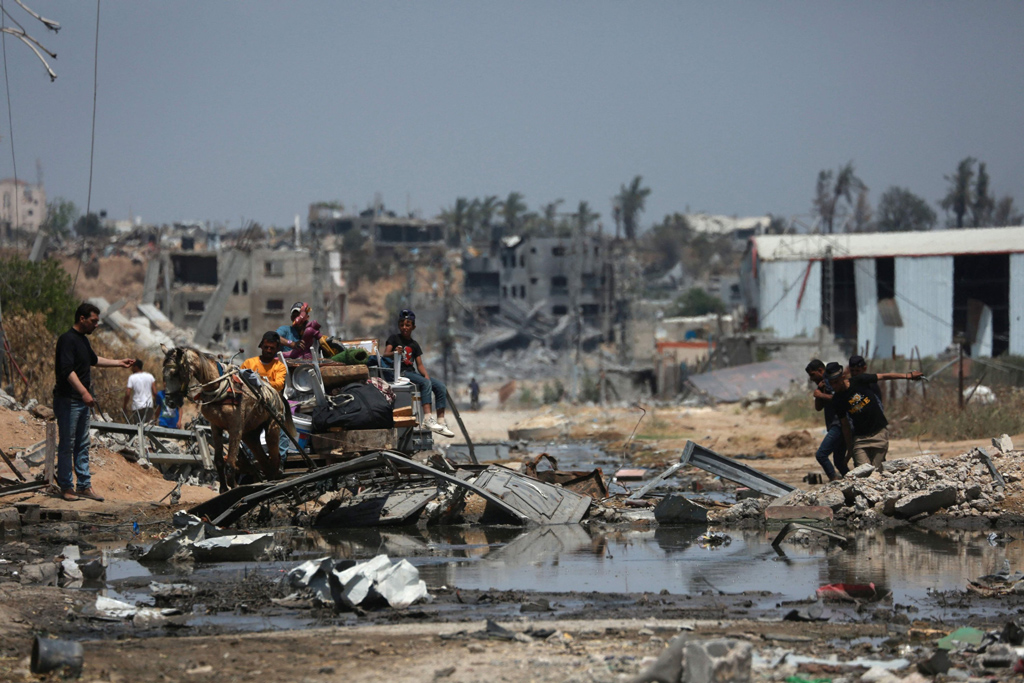
Why Arabs do not support Palestine?
| OpinionIt is surprising to see that the Arab governments and citizens did not react effectively …
-
Opinion
Why Arabs do not support Palestine?
By Muhittin AtamanIt is surprising to see that the Arab governments and citizens did not react effectively to the latest developments in the Gaza Strip. Although observers have been expecting a more effective reaction from Arab governments and citizens, they have largely remained indifferent to the ongoing genocide against the Palestinian people, living not only in the Gaza Strip but also in the West Bank. The streets of Arab states are unexpectedly very quiet compared with the streets of many non-Arab and non-Muslim countries.
-
Opinion
Israel’s 2 grave mistakes that put its Western allies in hot water
By Muhittin AtamanThe latest developments in Gaza have forced many states to reconsider their policies toward Israel’s genocidal attacks, the suffering of the people of Gaza and the resistance of the Gazan people, which will continue to shape not only regional but also global politics.
-
Opinion
Two-state solution in Palestine appears unfeasible
By Muhittin AtamanWhoever talks about the Palestinian-Israeli question from the United States to China and from the European Union to Russia claims that they support a two-state solution. The main reason for this claim is the two well-known United Nations Resolutions about the issue.
Bu Konuda Daha Fazla
-
US otherization policy toward Türkiye
By Muhittin AtamanThe United States has been doing almost everything to otherize and alienate Türkiye throughout the last decade. The damaging steps taken by the last three U.S. governments, namely Barack Obama, Donald Trump and the current Joe Biden administrations, show that anti-Türkiye policy has become the state policy.
-
Biden’s election dilemma: navigating the Israel question
By Kadir ÜstünPresident Biden's message during his visit to a church in the state of South Carolina and the reactions of some protesters seemed like a summary of the dilemma he will face in preparing for the presidential elections. In 2015, a perpetrator advocating white supremacy killed 9 black citizens who came to the church for worship, a message that was discussed in the public eye as a result of Trump's message on the eve of the 2016 presidential elections. By starting his 2024 campaign with a visit to this church, Biden tried to show that black votes would be critical. By making a reference to Trump's expressions about immigrants 'poisoning' the country's blood, he conveyed the message that the real 'poison' is the idea of white supremacy. The messages given to the political electorate in South Carolina, a critical state that brought Biden to candidacy in 2016, stand out as an effort to reach out to black voters, which will play a critical role in the upcoming election.
-
Who benefits from controlled proxy conflict?
By Burhanettin DuranThe Middle East rang in the new year with assassinations and terror attacks. Saleh al-Arouri, the deputy leader of Hamas' political bureau, was assassinated in Beirut last Tuesday. The following day, two bombings in Kirman, Iran (for which Daesh has claimed responsibility) killed 103 people. As those attacks shifted everyone’s attention to Israel, Iran and Hezbollah pledged to exact “revenge and a heavy price.”
-
Operation al-Aqsa Flood: A Rupture in the History of...
By Muhammed Hüseyin MercanThis paper argues that the al-Aqsa Flood operation launched by the Izz ad-Din al-Qassam Brigades –the military wing of Hamas– on the morning of October 7 has led to a psychological and epistemological rupture in the Palestinian-Israeli conflict and Middle East politics as the operation marked a paradigm shift in the philosophy of the resistance. The infiltration of al-Qassam into the occupied territories by land, sea, and air was a clear sign of a change in the strategy of the resistance to continue the active struggle against the aggressive expansionism and aggression of the Zionist Israeli government. In this context, the study tries to frame Operation al-Aqsa Flood and analyze the dimensions of the rupture. Besides this, it will also outline the possible impact of the operation on global and regional politics, considering that the ongoing process will change the political balance in the Middle East.
-
Israel’s Fateful March: From Settler Colonialism to Genocidal State
By Berdal AralThis article delves into the legal discussions surrounding the crisis unleashed by the military operation launched on October 7, 2023, in Southern Israel by Palestinian forces of the resistance based in Gaza. Israel considered this a “terrorist attack,” asserted the right of self-defense, declared war on Gazans, and started the continuous and indiscriminate bombardment of Gaza. As a result, Gaza has become the new Dresden, in which thousands have been killed and tens of thousands injured. This article is an attempt to answer the following questions to illuminate the legal issues surrounding the current crisis and the broader context of Israel’s legal status as a state and its territorial claims: Was the Palestinian offensive in Southern Israel an instance of terrorism and/or an act of aggression? Which side of the conflict can rightfully claim the right of self-defense? Did Israel commit genocide in Gaza? Do Israel’s statehood and territorial claims rest on firm legal grounds? Is it legally sensible to argue that Israel is a threat to international peace and security?
